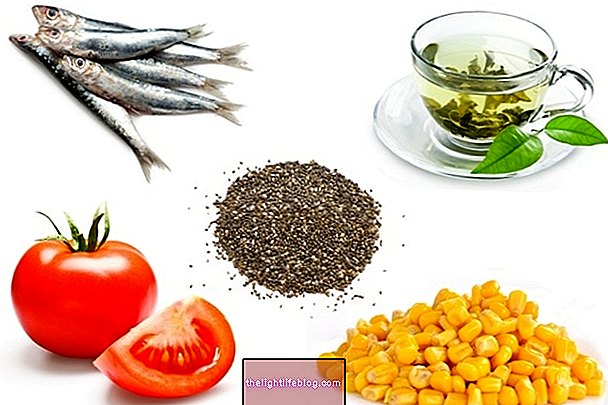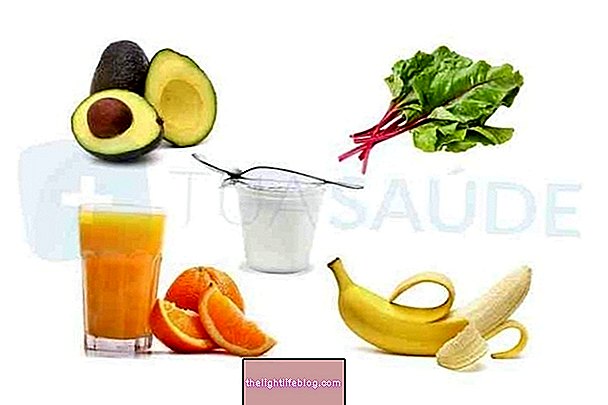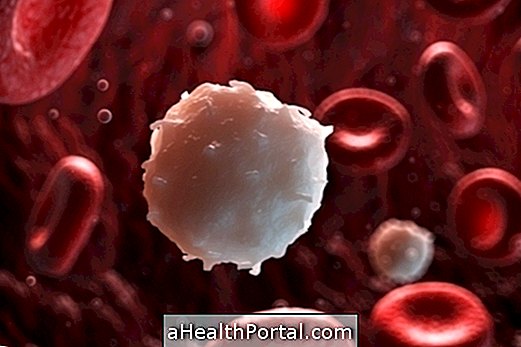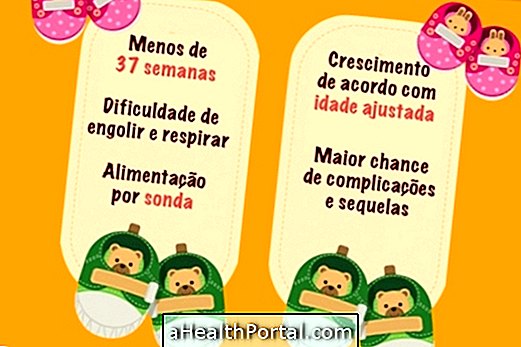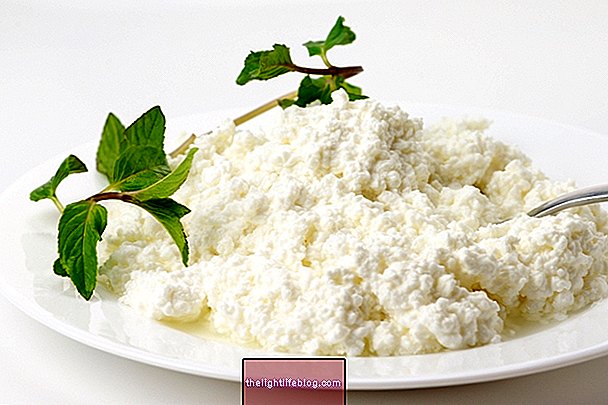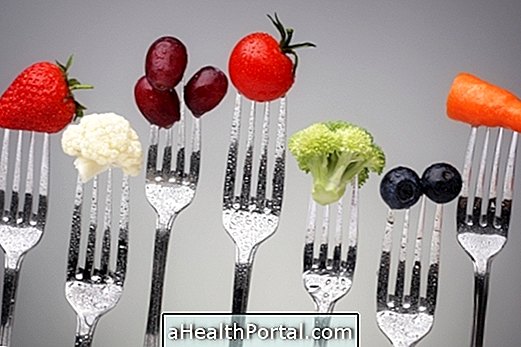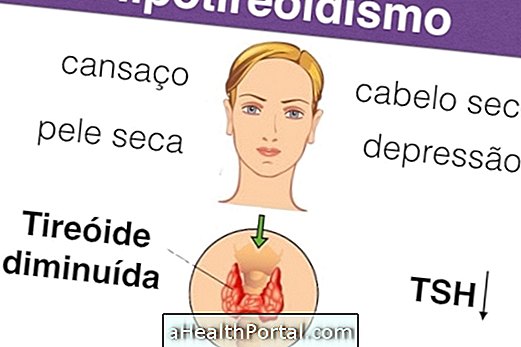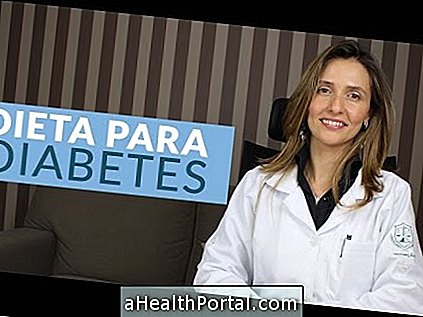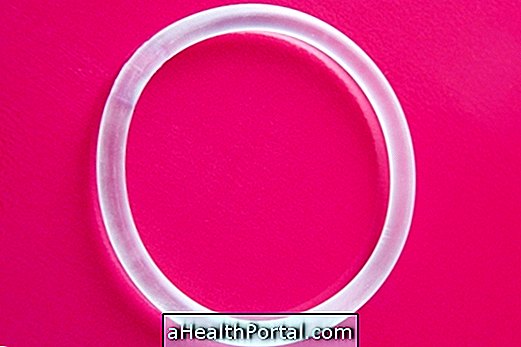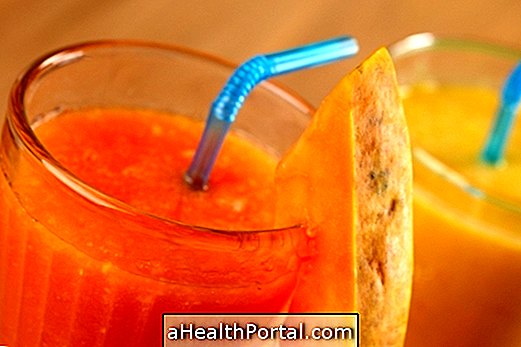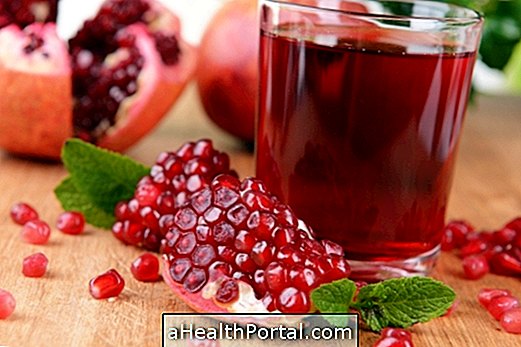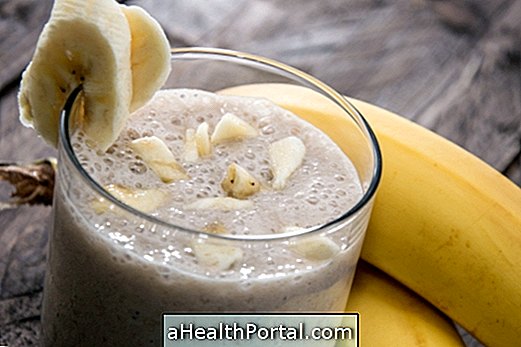Foods such as kelp, Brazil nuts, oranges and eggs are great options for people with hypothyroidism, as they provide nutrients, such as good quality iodine and fat, that are necessary for the thyroid to function properly.
Glucosinolate-containing foods, such as broccoli and cabbage, should be consumed in moderation, as should foods rich in sugar, additives and artificial colors, which are very common in industrialized products, such as gelatine and cookies.
In addition to the importance of food, the treatment for hypothyroidism should be evaluated by an endocrinologist, who will be able to indicate medications for the correct functioning of the thyroid. Check out how is the treatment of hypothyroidism.

How should the diet be
It is important that people with hypothyroidism understand what to eat and what to avoid eating, in order to decrease the symptoms and the course of the disease. In addition, the diet varies in relation to the type of disease that the person has in the thyroid.
What should I eat
In the diet for people with hypothyroidism, it is essential to offer the body even greater amounts of the foods that have:
- Iodine: seaweed, iodized salt and seafood;
- Zinc: nuts and chestnuts, mainly Brazil nuts;
- Selenium: Brazil nuts, sunflower seeds and eggs;
- Antioxidants: acerola, papaya, strawberry and orange.
With this, there will be greater production and activity of hormones that ensure the proper functioning of the thyroid, such as T3 and T4, in addition to protection against inflammation in the organ and better control of free radicals, which when in excess, impair the activity of the thyroid.
What should I avoid eating
Avoiding the consumption of some foods can prevent further damage in people with hypothyroidism, and should not be eaten frequently:
- Sugar and flour: cakes, sweets, soft drinks, cookies, white bread;
- Raw glucosinolates: broccoli, cabbage, radish, cauliflower and Brussels sprouts;
- Cyanides: cassava and sweet potatoes;
- Soy: milk, meat, oils and tofu.
The consumption of these foods can affect the absorption of iodine, which is a fundamental nutrient for the proper functioning of hormones that act on the thyroid.
In addition, it is important to highlight that these foods do not need to be totally excluded from the diet, but rather to avoid their excessive and constant consumption, that is, to avoid eating too much every day.
Who has hypothyroidism puts on weight the easiest?
The metabolism of people with hypothyroidism is slower, so there may be greater ease in gaining weight, however, weight gain is usually discreet and often, depending on the person, it does not happen. Check why thyroid problems can get fat.
This is because with hypothyroidism, the thyroid produces few hormones, however, people who put on weight should pay more attention to the lifestyle they lead, avoiding a sedentary lifestyle and poor quality of food, which are the most determining factors in weight gain. than hypothyroidism.
Was this information helpful?
Yes No
Your opinion is important! Write here how we can improve our text:
Any questions? Click here to be answered.
Email in which you want to receive a reply:
Check the confirmation email we sent you.
Your name:
Reason for visit:
--- Choose your reason --- DiseaseLive betterHelp another personGain knowledge
Are you a health professional?
NoMedicalPharmaceuticalsNurseNutritionistBiomedicalPhysiotherapistBeauticianOther
Bibliography
- MEZZOMO, Thais; NADAL, Juliana. Effect of nutrients and dietary substances on thyroid function and hypothyroidism. Demetra: food, nutrition & health. 427-443, 2016
- TRIGIANNI, Vincenzo; GUASTAMACCHIA, Edoardo. Role of iodine, selenium and other micronutrients in thyroid function and disorders.. Endocr. Metab. Immune Disord. Drug Targets. 277-94, 2009

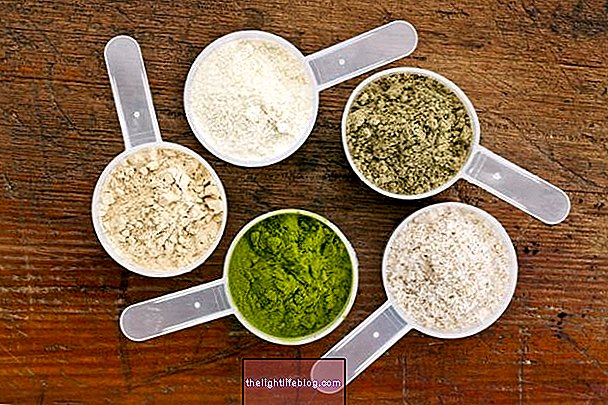
.jpg)
